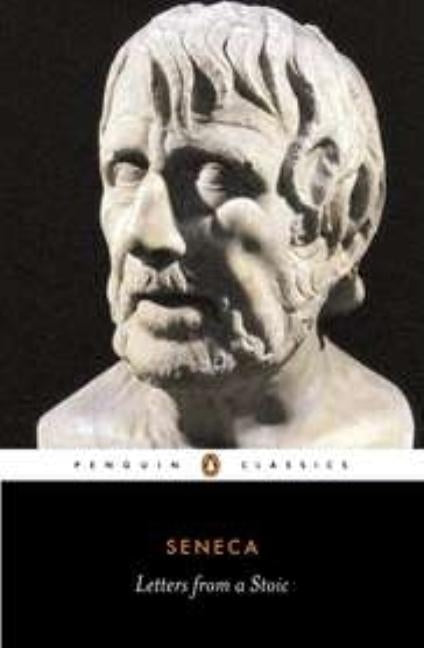1
/
of
1
Penguin Group
Letters from a Stoic: Epistulae Morales Ad Lucilium
Letters from a Stoic: Epistulae Morales Ad Lucilium
Regular price
$19.00 USD
Regular price
Sale price
$19.00 USD
Shipping calculated at checkout.
Quantity
Couldn't load pickup availability
It is philosophy that has the duty of protecting us...without it no one can lead a life free of fear or worry. For several years of his turbulent life, Seneca was the guiding hand of the Roman Empire. His inspired reasoning derived mainly from the Stoic principles, which had originally been developed some centuries earlier in Athens. This selection of Seneca's letters shows him upholding the austere ethical ideals of Stoicism--the wisdom of the self-possessed person immune to overmastering emotions and life's setbacks--while valuing friendship and the courage of ordinary men, and criticizing the harsh treatment of slaves and the cruelties in the gladiatorial arena. The humanity and wit revealed in Seneca's interpretation of Stoicism is a moving and inspiring declaration of the dignity of the individual mind. For more than seventy years, Penguin has been the leading publisher of classic literature in the English-speaking world. With more than 1,700 titles, Penguin Classics represents a global bookshelf of the best works throughout history and across genres and disciplines. Readers trust the series to provide authoritative texts enhanced by introductions and notes by distinguished scholars and contemporary authors, as well as up-to-date translations by award-winning translators.
Author: Seneca
Publisher: Penguin Group
Published: 07/30/1969
Pages: 254
Binding Type: Paperback
Weight: 0.42lbs
Size: 7.77h x 5.07w x 0.64d
ISBN: 9780140442106
Author: Seneca
Publisher: Penguin Group
Published: 07/30/1969
Pages: 254
Binding Type: Paperback
Weight: 0.42lbs
Size: 7.77h x 5.07w x 0.64d
ISBN: 9780140442106
About the Author
Lucius Annaeus Seneca (c.4BC-AD65) was born in Cordoba, Spain, where he was brought up studying the traditional virtues of republican Roman life. He became a teacher of rhetoric but attracted attention for his incisive style of writing. Closely linked to Nero, his death was ordered by the emperor in AD65. Seneca committed suicide.
Share


